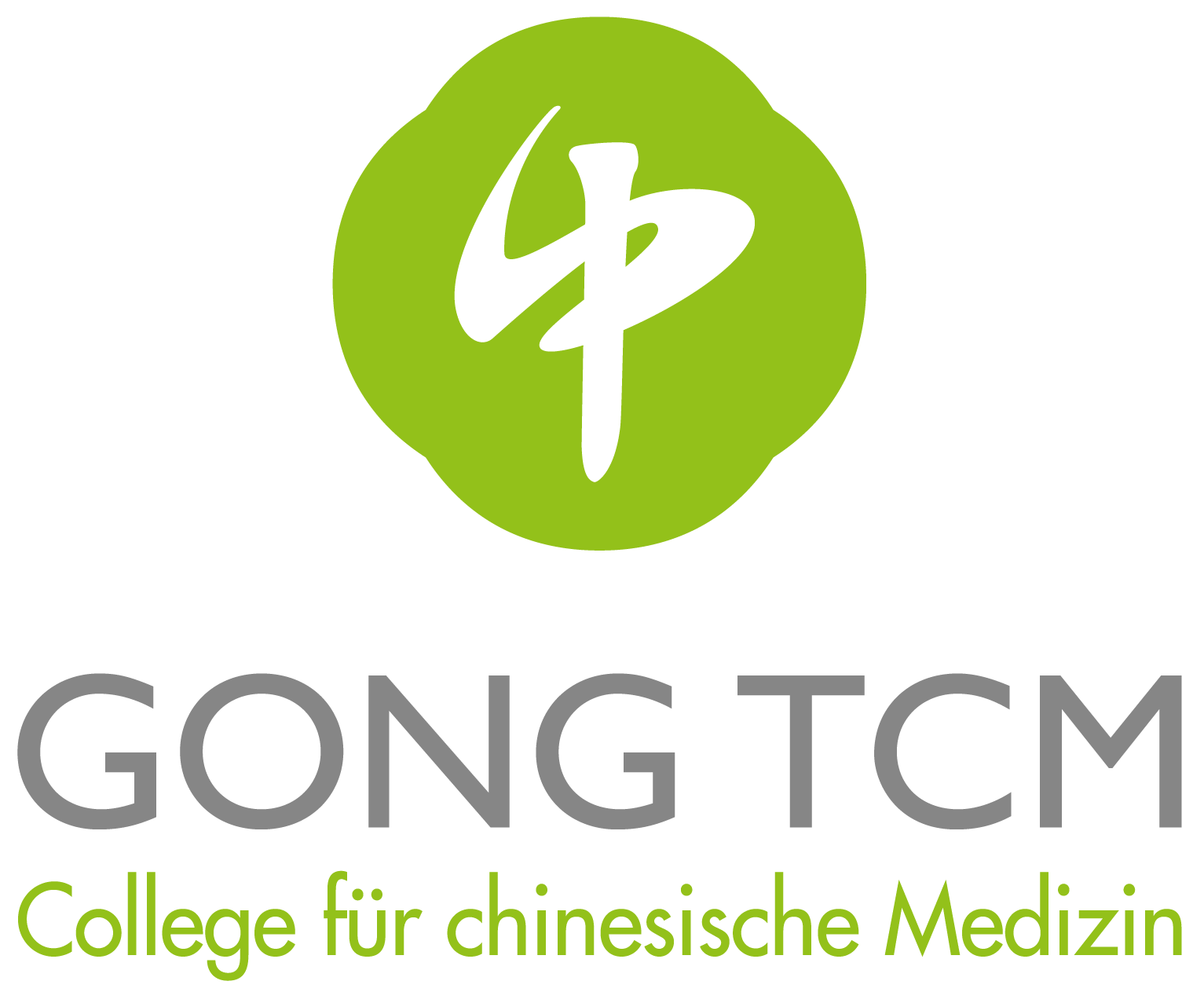
TCM Diploma
TCM practitioner, university degree with specialization in Acupuncture & Tuina / Chinese Medicine Phytotherapy
TCM practitioners are specialized in various methods from the field of Traditional Chinese Medicine. These methods are suitable for the tratment of both acute and chronic conditions. The comprehensive alternative medical systems with which they work are saturated with long-standing tradition and empirical knowledge.
In line with the above, the Traditional Chinese Medicine Education program at GONG TCM is composed of two complementary parts: ‘Field of Expertise‘ and ‘Professional Competencies‘. The course material is delivered in a modular system as detailed below:
Chinese Medicine Today:
Traditional Chinese Medicine (TCM) has gained popularity in the last few years. Not only have many patients experienced the benefits of treatment first hand, but organisations including OdA-AM and SBO-TCM have worked hard to raise awareness of this medical system and establish it in Switzerland. It is often offered complementary to conventional medicine, however there is a long-term goal of integrating it into mainstream medicine.
Short Course Description:
Chinese Medicine combines theory, tradition, science and practice. Students will be introduced to the intriguing Chinese Medicine traditions and theories in their very first year: the five elements; yin, yang and qi; the three treasures; meridians and acupuncture points are but to name a few. Students soon realize that the theories are presented in a very different way to what the western mind is used to. These theories however, are practical in their application and provide positive results when treating acute and chronic diseases. After the student has gained a broad and solid understanding of the principles and foundations of TCM, they are trained in their choice of a specialization: Acupuncture & Tuina or Chinese Medicine Phytotherapy. Here the focus is on developing the expertise and competencies for the field of work. The courses include a combination of theory, practical work, self-study, group-work and projects. Students will also be exposed to other aspects of TCM, which they can incorporate into their practice: Diatectics and QiGong. Practical work includes clinical days where students are taught to apply the methods learned.
The internship program can run parallel to the above modules. The start date of which can be adapted to fit the student’s schedule. For further information regarding the internship, please click on the following link: link Seite Praktikum
Tests and exams will be administered after each module to assess the level of expertise and competencies gained.
Course Details:
- A Chinese university degree recognized in Switzerland
- Duration: 2’550 hours part-time study, +/- 1’275 hours self-study (3 years 65% investment of time, 4 years 50% investment of time)
- Schedule: Fridays, Saturdays, Sundays
- Level of Education: Tertiary
- Choice of specialization: Acupuncture and Tuina / Chinese Medicine Phytotherapy
- Cost: (please contact us for a detailed cost break down for the individual courses)
Prerequisite to the GONG TCM Courses:
| Module | Prerequisite course from GONG TCM or another school: |
| Foundations of TCM | SEK II level, ie a Swiss certificate of competence / matriculation or an equivalent degree. |
| Specialization(s): a) Acupuncture & Tuina, b) Chinese Medicine Phytotherapy | Successful completion of the module “Foundations of TCM” |
| Health & Ethics, Treatment Considerations, Practice operations and management | Commencement of a specialization (a or b) |
| Internship | See internship |
No previous medical knowledge is necessary.
Anyone wishing to take up this profession should possess the following qualities
- a serious interest in Traditional Chinese Medicine
- good communication skills, empathy, and the ability to listen
- interest in medical questions and holistic approaches
- readiness for personal development, lifelong learning, and self – education
- physical and psychological resilience and a balanced temperament
- self-confidence and a sense of responsibility
- willingness to continuously engage in training and further education
- tolerance towards different systems of thought and other value systems
TCM Job Profile:
The Chinese Medicine practitioner is a professional and ethical individual, that has gained his / her competency and skills through years of rigorous training and practice. He / she has an in-depth knowledge of the Traditional Chinese Medicine system and has been taught to think critically. Asides from being proficient in Chinese Medicine, he / she should be sufficiently trained in conventional medicine diagnosis, enabling collaboration with other healthcare systems, as well as recognition of when conventional medicine strategies take priority. He / she approaches each case meticuously, without loosing the overview. He / she works with flexibilty, without bias and responsibly. Their treatment is tailored to the individual and holistic. Being open-minded, self-critical and reflective are essential to his / her further development. Social competence and empathy are indispensible in a job where one deals with people on a daily basis.
Daily work tasks include diagnosis and treatment with acupuncture; tuina massage; moxa; cupping; guasha and / or chinese medicine phytotherapy, as well as patient care and advice. The practitioner tracks the therapy progress and is engaged in the respective exchange with patients. He / she offers the patient holistic advice about health, salutogenesis and disease prevention. This includes advising patients on good lifestyle habits with regards to nutrition; activity and sport; rest and sleep; emotional and mental state; as well as the influence of the weather and seasons on the body. Continous research, reflection and further education are essential to ensure that the practitioner remains competent.
Providers of TCM are mostly self-employed and work in private or shared practices. A small percentage are employed by hospitals, outpatient clinics, competence centers or rehabilitation centers within the framework of occupational disease care and prevention programs. Currently 1200 therapists and 1000 doctors in Switzerland provide acupuncture treatment. One third of which also provide Chinese Medicine Phytotherapy treatment.
Please contact us for further details (specific course contents, information evening dates, open day dates, start dates and prices etc.)
